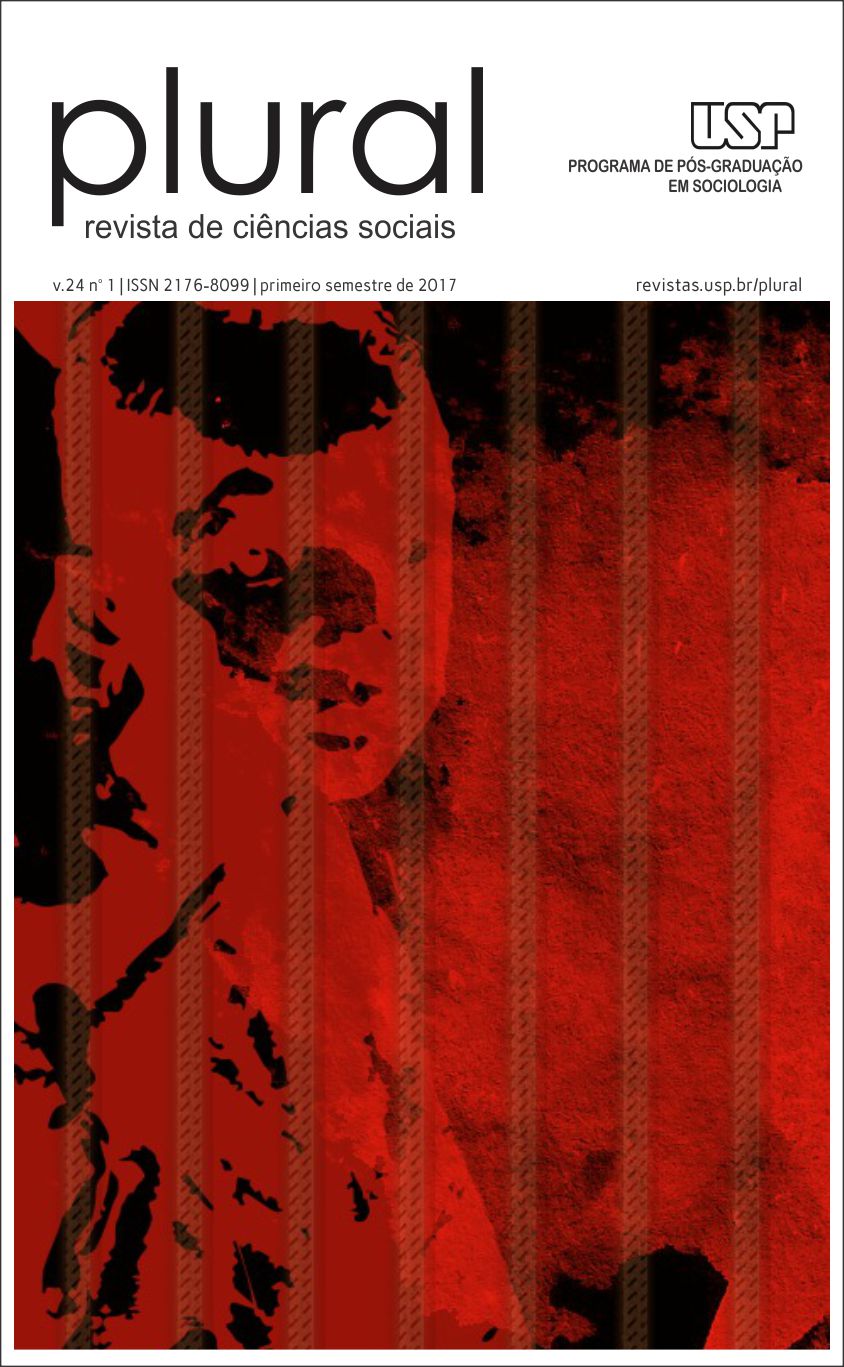“O Negro André”: a questão racial na vida e no pensamento do abolicionista André Rebouças
DOI:
https://doi.org/10.11606/issn.2176-8099.pcso.2017.114973Palavras-chave:
André Rebouças, Abolicionismo, Atlântico NegroResumo
O objetivo principal deste trabalho foi analisar como o contexto das relações raciais influenciou na construção de si e na produção intelectual do negro, intelectual e abolicionista André Rebouças. Por meio, sobretudo, de consultas a fontes de pesquisa primárias, tornou-se possível reconstituir o processo de construção de uma consciência de si, vivido por André Rebouças, enquanto negro, cuja ancestralidade remetia à África. Foi possível notar que algumas características do seu pensamento social radicalizam-se ao mesmo tempo em que se aprofunda o autorreconhecimento de sua condição racial, o que temporalmente situa-se no período em que se autoexilou do Brasil, imediatamente após a proclamação da República, em 1889. Durante sua vivência em África, rompeu definitivamente com o silêncio que, no geral, mantinha sobre a sua realidade racial. Nesse período, ocorre uma inflexão no que tange à construção de si, passando a enxergar-se e a reafirmar-se enquanto homem negro e africano. Esse momento foi interpretado, como bem sugeriu Mattos (2010), à luz do conceito de “dupla consciência”, cunhado por Du Bois e aprofundando por Paul Gilroy em “O Atlântico Negro” (2012).
Downloads
Publicado
Edição
Seção
Licença
Copyright (c) 2017 Política de direitos compartilhados

Este trabalho está licenciado sob uma licença Creative Commons Attribution-NonCommercial-ShareAlike 4.0 International License.
Ao submeter seu trabalho à Plural, o autor concorda que: o envio de originais à revista implica autorização para publicação e divulgação, ficando acordado que não serão pagos direitos autorais de nenhuma espécie. Uma vez publicados os textos, a Plural se reserva todos os direitos autorais, inclusive os de tradução, permitindo sua posterior reprodução como transcrição e com devida citação de fonte. O conteúdo do periódico será disponibilizado com licença livre, Creative Commons - Atribuição NãoComercial- CompartilhaIgual –, o que quer dizer que os artigos podem ser adaptados, copiados e distribuídos, desde que o autor seja citado, que não se faça uso comercial da obra em questão e que sejam distribuídos sob a mesma licença (ver: http://www.creativecommons.org.br/).







